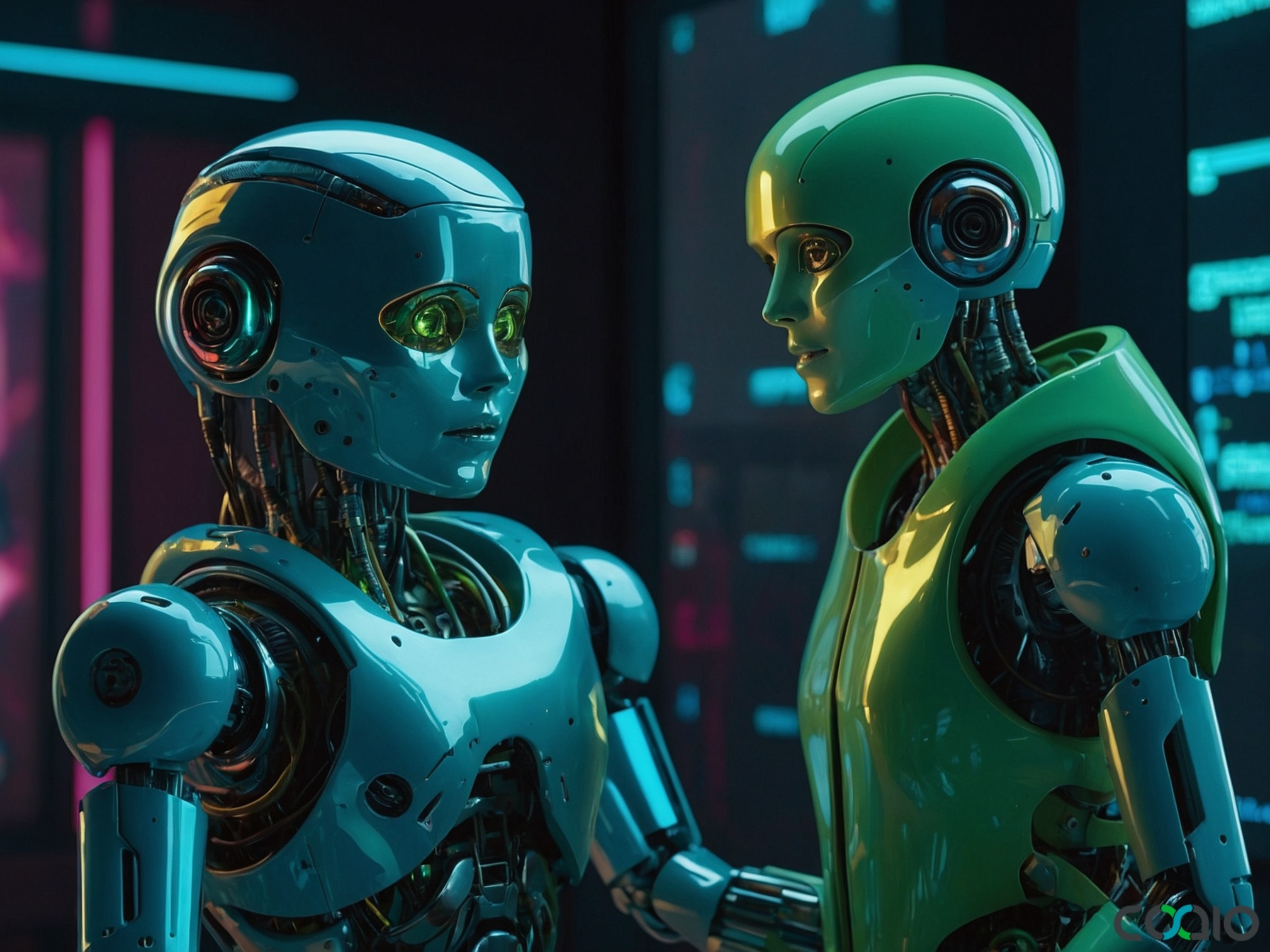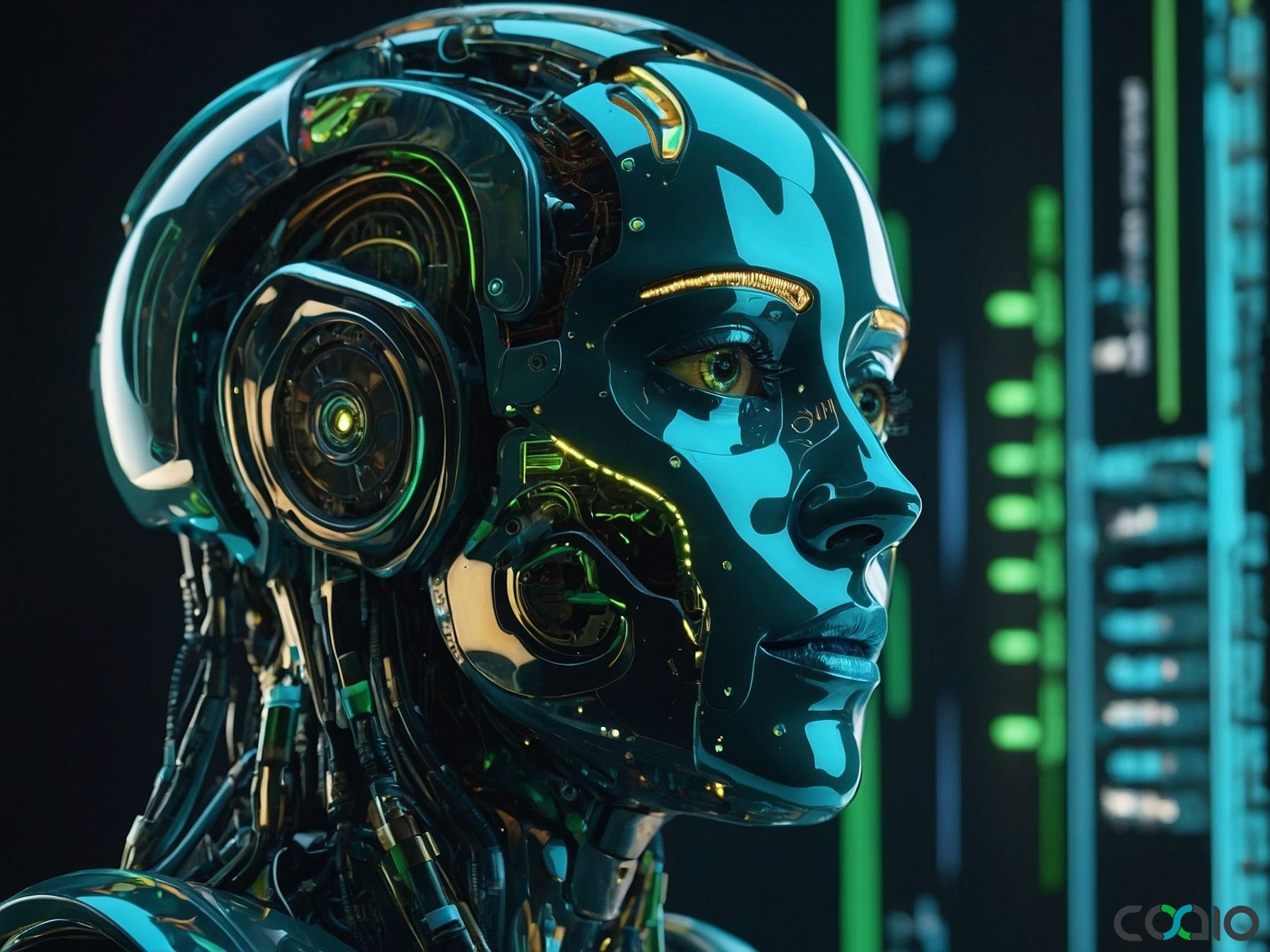
AI-Driven Revolution in Software Development: Key Updates from August 2025
In the fast-paced world of technology, August 2025 has brought a wave of innovations that are reshaping software development. From advanced AI integrations in popular tools to challenges in real-world AI applications, developers and businesses are navigating a landscape filled with opportunities and pitfalls. This article dives into the latest headlines, exploring how these developments could influence the future of coding, project management, and digital strategy. As we cover these stories, we’ll highlight how emerging services can help streamline development processes for startups and growing companies.
Microsoft’s Visual Studio August Update: Smarter AI for Developers
Microsoft’s latest update to Visual Studio 2022 is a game-changer for developers relying on AI to boost productivity. Released on August 27, 2025, the update integrates GPT-5 directly into the Integrated Development Environment (IDE), allowing for more intuitive code generation, debugging, and refactoring Read more. This means developers can now leverage advanced natural language processing to write code faster and with fewer errors, potentially reducing development time by up to 30% according to industry estimates.
The update also introduces support for MCP (Microsoft Code Platform), which simplifies authentication with any OAuth provider right from the IDE. This feature enables one-click installations and seamless integrations, making it easier for teams to collaborate on projects without the usual hassles of setup and security configurations. For instance, developers can now authenticate with services like GitHub or Azure in seconds, streamlining workflows that often bog down larger projects.
This advancement is particularly timely as AI-assisted tools become essential in competitive markets. By automating repetitive tasks, GPT-5 integration allows programmers to focus on creative problem-solving rather than mundane coding. Experts suggest this could lead to a surge in innovation, especially for startups aiming to prototype ideas quickly. However, it also raises questions about over-reliance on AI, such as potential biases in generated code or the need for human oversight to ensure quality.
In the broader context, this update aligns with the growing trend of AI democratization in software development. According to a recent report from Gartner, AI tools like those in Visual Studio are expected to handle 70% of routine coding tasks by 2027 Gartner Report. For businesses, this means faster time-to-market for products, but it also underscores the importance of robust project management to integrate these tools effectively.
Amplitude’s Self-Service Capabilities: Empowering Marketing and Growth Teams
Shifting gears to analytics, Amplitude has rolled out new self-service features that are set to transform how marketing initiatives are tested and optimized. Announced on August 27, 2025, these capabilities allow teams to run user experiments without depending on development resources Read more. This is a significant step forward for growth-stage companies, where speed is crucial for testing ideas like A/B testing campaigns or personalized user experiences.
The core of Amplitude’s update lies in its intuitive interface, which lets marketers design and launch experiments directly. No longer do they have to wait weeks for engineers to implement changes—issues like visual editor breakdowns in legacy tools are addressed here. For example, a marketing team could now quickly test different app interfaces to see which drives higher conversion rates, using real-time data analytics to make informed decisions.
This development highlights a key evolution in software tools: the blurring of lines between marketing, development, and data analysis. By empowering non-technical users, Amplitude reduces bottlenecks and fosters a more collaborative environment. In an era where data-driven decisions are paramount, this could lead to more effective strategies, potentially increasing ROI on marketing efforts by 20-40%, as per Amplitude’s own benchmarks.
However, with great power comes responsibility. Teams must ensure that experiments comply with privacy regulations like GDPR or CCPA, which could complicate self-service models. Still, the potential for innovation is immense, especially as businesses seek to optimize user engagement in a crowded digital space.
Google’s Gemini CLI Integration with Zed: Enhancing Code Efficiency
Google’s integration of Gemini CLI into the open-source Zed code editor, announced on August 28, 2025, is another milestone in AI-enhanced development Read more. This move equips developers with tools to generate and refactor code on the fly, answer queries about errors, and even conduct natural conversations within the terminal. It’s like having an AI assistant embedded directly in your workflow, making coding more interactive and less error-prone.
For Zed users, this means real-time code suggestions and live debugging sessions, which can drastically cut down on development cycles. Imagine typing a command and getting instant feedback on potential issues or optimizations—it’s a feature that’s already drawing praise from the open-source community. Google’s approach also includes live collaboration, allowing multiple developers to work simultaneously with AI guidance, which could revolutionize team-based projects.
This integration underscores the rapid adoption of AI in everyday coding tools. As AI models like Gemini become more sophisticated, they offer solutions for complex problems, from refactoring legacy code to exploring new algorithms. Yet, it also prompts discussions on accessibility; not all developers have access to high-end hardware, so cloud-based options could bridge this gap.
In the software development ecosystem, such tools are vital for maintaining competitiveness. They enable faster iteration and innovation, which is crucial in industries like fintech or e-commerce where speed to market can define success.
Nvidia’s Q2 Revenue Insights: The AI Hardware Powerhouse
While not directly a software tool, Nvidia’s financial revelations from August 30, 2025, have ripple effects on software development Read more. The company disclosed that nearly 40% of its second-quarter revenue came from just two unnamed clients, likely major tech firms investing heavily in AI infrastructure. This highlights the surging demand for GPUs and hardware that underpin AI-driven software development.
For developers, this means more powerful resources for training models and running complex simulations. Nvidia’s dominance in AI chips supports tools like those from Microsoft and Google, enabling smoother integrations and faster processing times. However, it also raises concerns about market concentration, where reliance on a few suppliers could lead to vulnerabilities in the supply chain.
As software projects increasingly incorporate AI, understanding hardware dependencies is key. This news serves as a reminder that behind every efficient IDE or analytics platform is robust infrastructure, pushing developers to consider scalable solutions for their needs.
AI in Everyday Applications: Lessons from Taco Bell’s Drive-Through Experiments
Finally, the tech world is buzzing about Taco Bell’s experiences with AI-powered drive-throughs, reported on August 30, 2025 Read more. After deploying voice AI at over 500 locations, the company faced viral mishaps, such as customers exploiting the system to order absurd quantities in an attempt to reach human staff. This underscores the challenges of implementing AI in consumer-facing environments, where accuracy and reliability are paramount.
For software developers, this serves as a cautionary tale about the limitations of AI in real-world scenarios. While tools like GPT-5 excel in controlled settings, they can falter with unexpected inputs, highlighting the need for hybrid models that combine AI with human intervention. This could influence future development practices, emphasizing robust testing and ethical AI design.
Overall, these stories from August 2025 illustrate a dynamic field where AI is both a boon and a challenge. As developers adapt to these tools, the key is balancing innovation with practicality.
In wrapping up this exploration of cutting-edge tech, let’s envision a future where building software is as seamless as dreaming it up. Picture founders channeling their energy into bold ideas, sidestepping the typical roadblocks of team assembly and resource management. This is the essence of true innovation—empowering visionaries to thrive on creativity alone, transforming concepts into reality with efficiency and minimal risk. It’s a world where specialized services bridge the gap, ensuring that every project, from AI integrations to marketing analytics, is handled with expertise and flair.
About Coaio
Coaio Limited is a Hong Kong-based tech firm that specializes in outsourcing software development and building expert teams in Vietnam. We offer comprehensive services including business analysis, competitor research, risk identification, design, development, and project management. Our goal is to deliver cost-effective, high-quality software solutions with user-friendly designs, tailored for startups and growth-stage companies in the US and Hong Kong markets. By partnering with us, you can focus on your core vision while we handle the technical complexities, minimizing risks and maximizing efficiency to bring your ideas to life seamlessly.
 English
English
 Français
Français
 Español
Español
 廣東話
廣東話
 中文
中文
 日本語
日本語
 한국어
한국어
 العربية
العربية
 Deutsch
Deutsch

